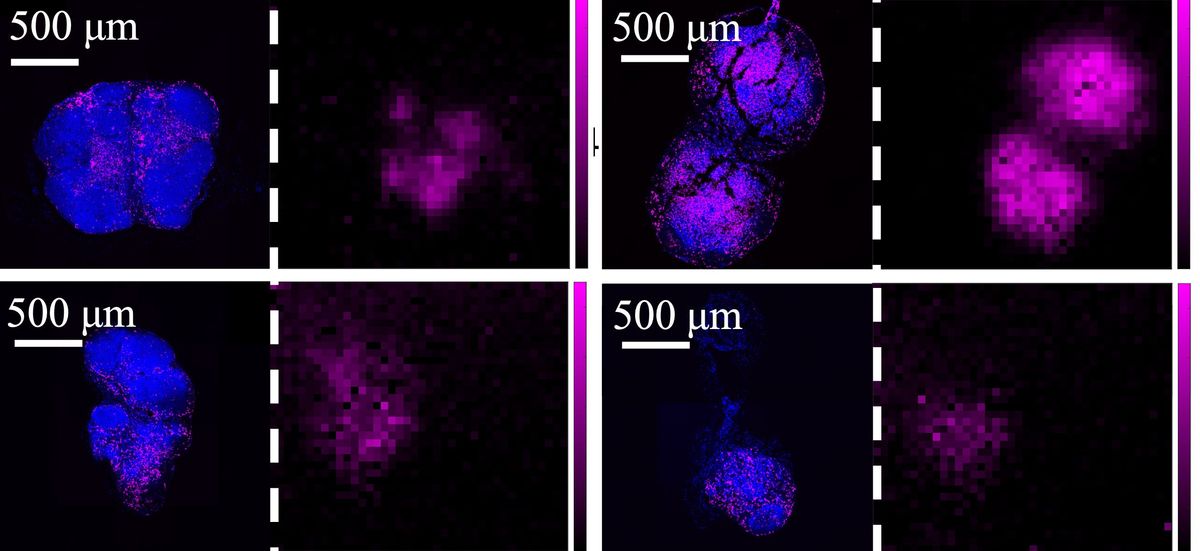According to the Oregon Portland Office of Transportation (PDOT), in 2002, the PDOT began replacing the city’s 7,100 singlespace parking meters with multispace, solar-powered SmartMeters. The parking meters accept with coins, credit/debit cards, or prepaid Smart Cards. They have a wireless capability that allows each to notify the PDOT of technical problems, as well as have their software upgraded. The city now has over 1,350 SmartMeters in operation.
Last week, some 300 of the SmartMeters were on fritz and refused to accept anything but cash. According to this news report on OregonLive.com, the PDOT said the problem was due to "'multi layers' of failed server connections and software limitations in the aging machines."
The PDOT was also quoted of saying, "In terms of why it's happening to some machines and not others, it could come down to high use."
Huh?
Well, apparently the SmartMeters wait until the end of the day to upload their credit/debit cards or prepaid Smart Cards payment information to servers. However, if the connection to the servers fail, the meter holds unto its information in its memory. In addition, if the memory is full, it will stop accepting anything but coins.
An enhancement is planned to allow for more information to be stored in memory when connections are lost. The PBOT isn't interested in improving the wireless network - which is the root cause - because the SmartMeters are old, increasingly need repairs, and Portland wants to replace the SmartMeters with newer, "smarter" meters anyway.
However, I might be a little concerned if I had paid for my parking with a credit or debit card on a machine that did not send the billing information to the bank, especially if I was near my spending limit.
As this New York Times story notes, banks are making a fortune on inadvertent overdraft fees. An unlucky person could find that their parking in Portland costs a lot more than they initially thought.
Robert N. Charette is a Contributing Editor to IEEE Spectrum and an acknowledged international authority on information technology and systems risk management. A self-described “risk ecologist,” he is interested in the intersections of business, political, technological, and societal risks. Charette is an award-winning author of multiple books and numerous articles on the subjects of risk management, project and program management, innovation, and entrepreneurship. A Life Senior Member of the IEEE, Charette was a recipient of the IEEE Computer Society’s Golden Core Award in 2008.



